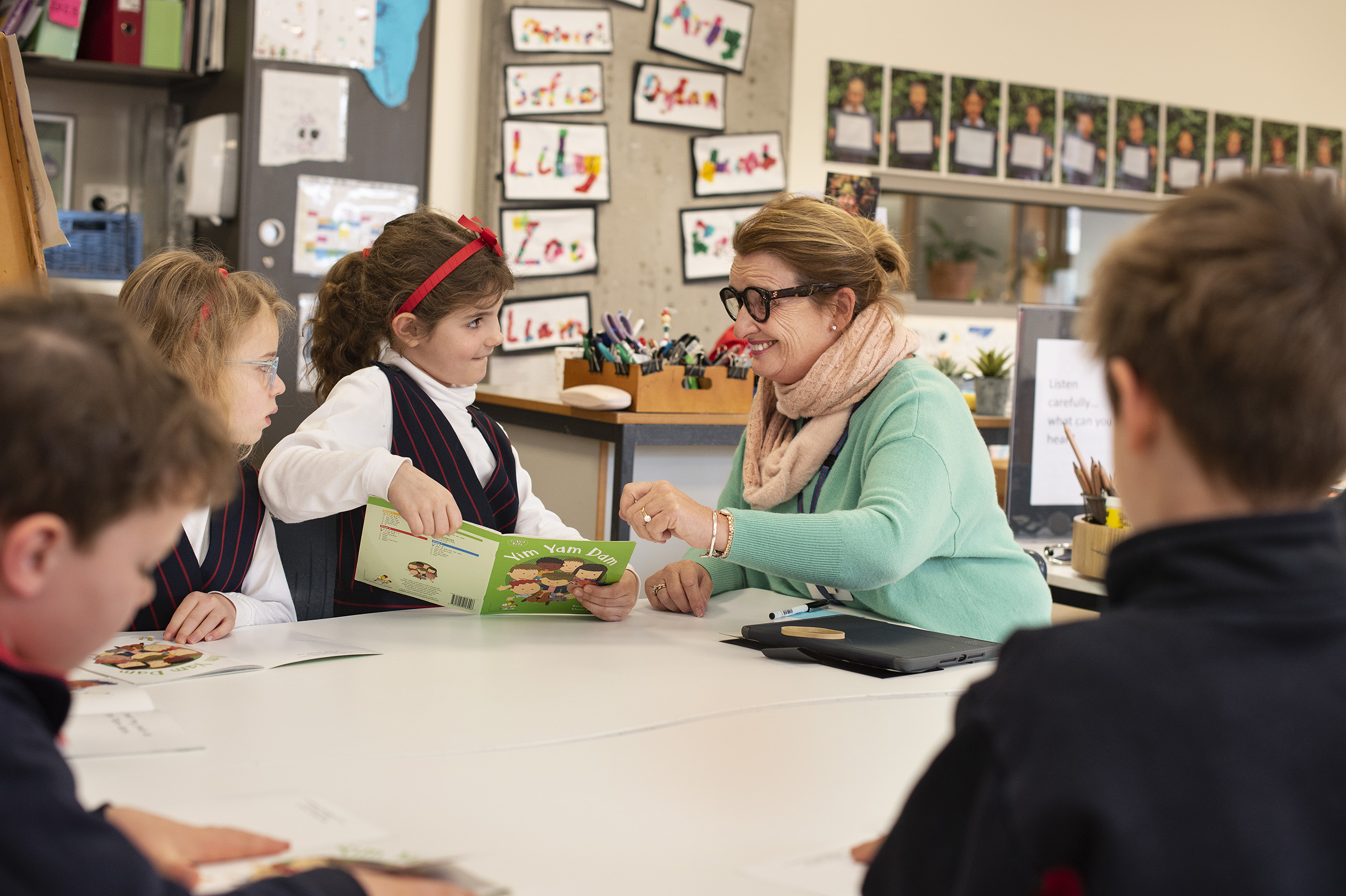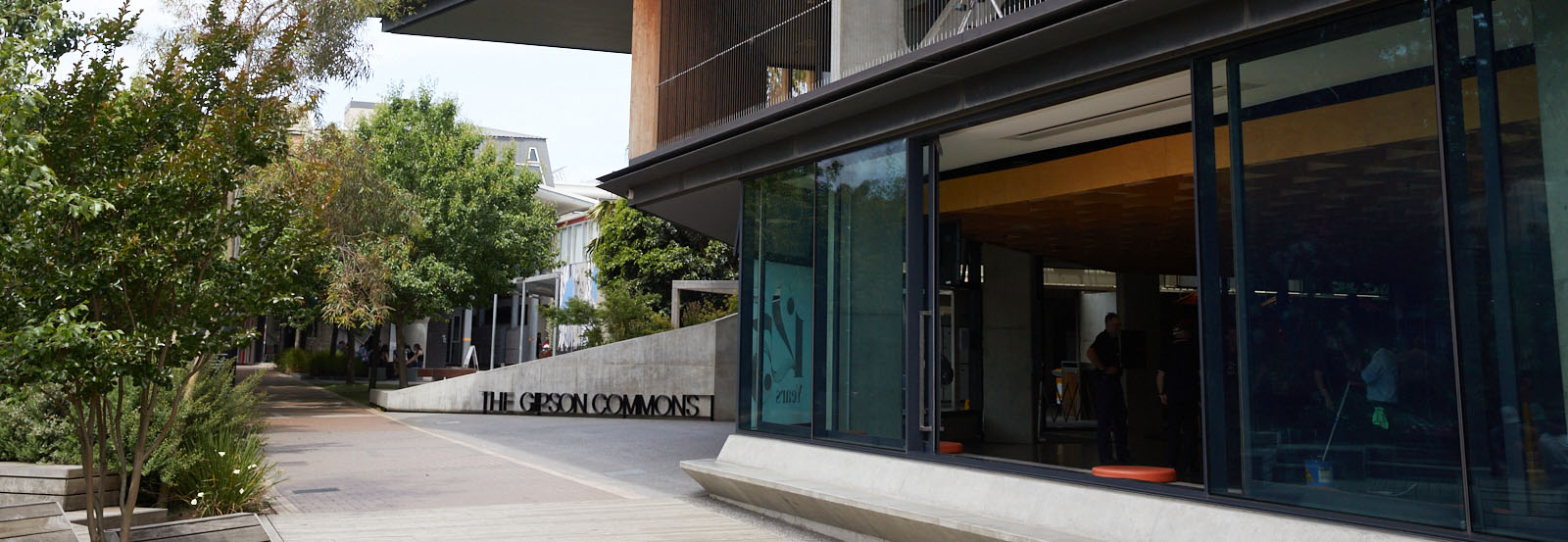Now that the nerves of the new school year are subsiding, it is a good time to think about how you can help your child settle in to the reality of secondary school. The start of Year 7 is the final stage of an important rite of passage for your child. Wherever they concluded their primary school journey, no doubt they enjoyed a graduation of sorts that marked the end of one stage of their schooling, and the beginning of the next. The start of secondary school can also mark a time of increased independence for your child. They might be making their own way to and from School, making more choices regarding their co-curricular activities or taking greater ownership of their daily routine.
These rites of passage are incredibly important for young adolescents; they signal to the individual that change is coming and necessarily so. They also signal that the young person might need to ‘step up’, and that there is likely challenges ahead. Your child is experiencing a significant change in routine, environment and expectations; this change can be both invigorating and daunting. As every child’s temperament, appetite for adventure and adaptability is different, some may take to Year 7 like a duck to water, while others may feel more like a fish out of water for the first few weeks!
Of course, there are many people, orientation activities and structures in place at School to facilitate a successful transition for your child. One key to this success is a strong home-school partnership. Below are five strategies for you to employ at home to strengthen your child’s readiness for the enormous and exciting leap into secondary school:
Home routines
As you adjust to the rhythm of secondary school life, establish some routines at home, such as: a nightly check of the next day’s timetable; when and where in your home Out-of-Class Learning will be completed; a Sunday night conversation about ‘the week ahead’ and an agreed-upon bed-time for during the week. These routines are particularly important for the first few weeks of Year 7, as they adjust to a new schedule and to new demands.
Take care of the basics
Critical to your child’s ability to thrive is that their basic needs are met regarding sleep and diet. Teens aged 12-18 years still require 8-10 hours of sleep per night. Good sleep hygiene is linked to better concentration, a healthier immune system and to maintaining good mental health. Ensure your child is eating plenty of fresh fruit and vegetables, eats a hearty breakfast and has enough healthy snacks to get them through the day (particularly when there is after-school sport). Avoid ‘energy drinks’ that are high in sugar and/or caffeine and make sure they are staying well-hydrated.
Devices and sleep
Devices such as phones and iPads should stay out of the bedroom, especially overnight. A family ‘charging station’ in a common area of the house is a great idea, and it is particularly powerful for mums and dads to model this excellent habit! Setting up this expectation with your child from the outset will help to minimise issues later about having phones or other devices in their bedroom. If your child requires an alarm to get themselves up in the morning, get them a good old-fashioned alarm clock for beside their bed!
Stay connected
One of the biggest changes for parents of secondary school students, is the way you interact with the School. You may find you go from being at your child’s school almost every day for drop-off and pick-up, to being banned by your Year 7 from entering the School’s grounds! Adolescence is a time when young people naturally desire more independence, yet it is also crucial that parents remain connected and informed. Make sure you attend the information sessions on offer and engage with the Weekly Newsletter and SchoL News posts.
Encountering difficulties
As with any rite of passage, challenge is important and to be expected. If your child encounters a difficulty with anything, from the changing friendship landscape to a tricky Maths question, try to keep your own emotions in check. It is our instinct as parents to launch into problem-solving mode for our children but they need a chance to attempt this first. To empower them when they encounter a difficulty:
Express empathy with responses such as: “That sounds really hard.” “I can see this has upset you.” “It doesn’t feel very fair.”
Next, prompt them to problem-solve without offering all the solutions: “Who at School is the best person for you to talk to about that?” “What might you do next time you are in that situation?” “How can you let them know how you are feeling?”
Of course, there are times you may need to step in and that is when we encourage you to contact your child’s House Tutor or Head of House. Below are some additional resources you may like to peruse for further information and support.
https://raisingchildren.net.au/teens/healthy-lifestyle/sleep/sleep-teens
https://www.sleepfoundation.org/articles/electronics-bedroom-why-its-necessary-turn-you-tuck
https://andrewfuller.com.au/free-resources/#parents
This article was written by Ms Emma McDonald, Director (7-9).






